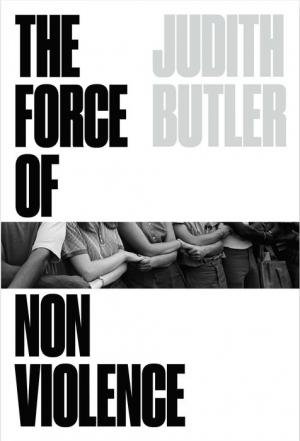‘What does inequality have to do with non-violence?’ These lectures will suggest that a philosophy of non-violence has to take into account forms of inequality that value certain lives more highly than others. So the task is to develop a philosophy of non-violence that allows the moral questions usually associated with non-violent practice to be seen as bearing on questions of political inequality as well. The purpose would be to show that the defence of non-violence cannot be successful if it does not take this kind of differential valuing of life into account, which means that a philosophy of non-violence is only possible within a broader commitment to equality. These questions bear as well on the concepts of grievable and ungrievable life that Professor Butler has developed elsewhere as well as a conception of livable life at work in her critique of precarity.
My Life, Your Life: Equality and the Philosophy of Non-Violence
2018
University of Glasgow
Books
The Force of Non-Violence: an Ethico-Politcal Bind

Verso
2020
ISBN:
9781788732765
Those opting for nonviolence meet opposition from the outset. So begins Judith Butler’s The Force of Nonviolence: An Ethico-Political Bind (Verso, 2020), a book adapted from her 2018 Gifford Lectures at the University of Edinburgh. She begins with the problem of violence in contemporary life, and the inequality with which violence affects certain kinds of people more than others.
Videos
1. My life, your life, equality and the philosophy of non-violence
2. My life, your life, equality and the philosophy of non-violence
3. My life, your life, equality and the philosophy of non-violence
Contributor(s)
- University of Glasgow


